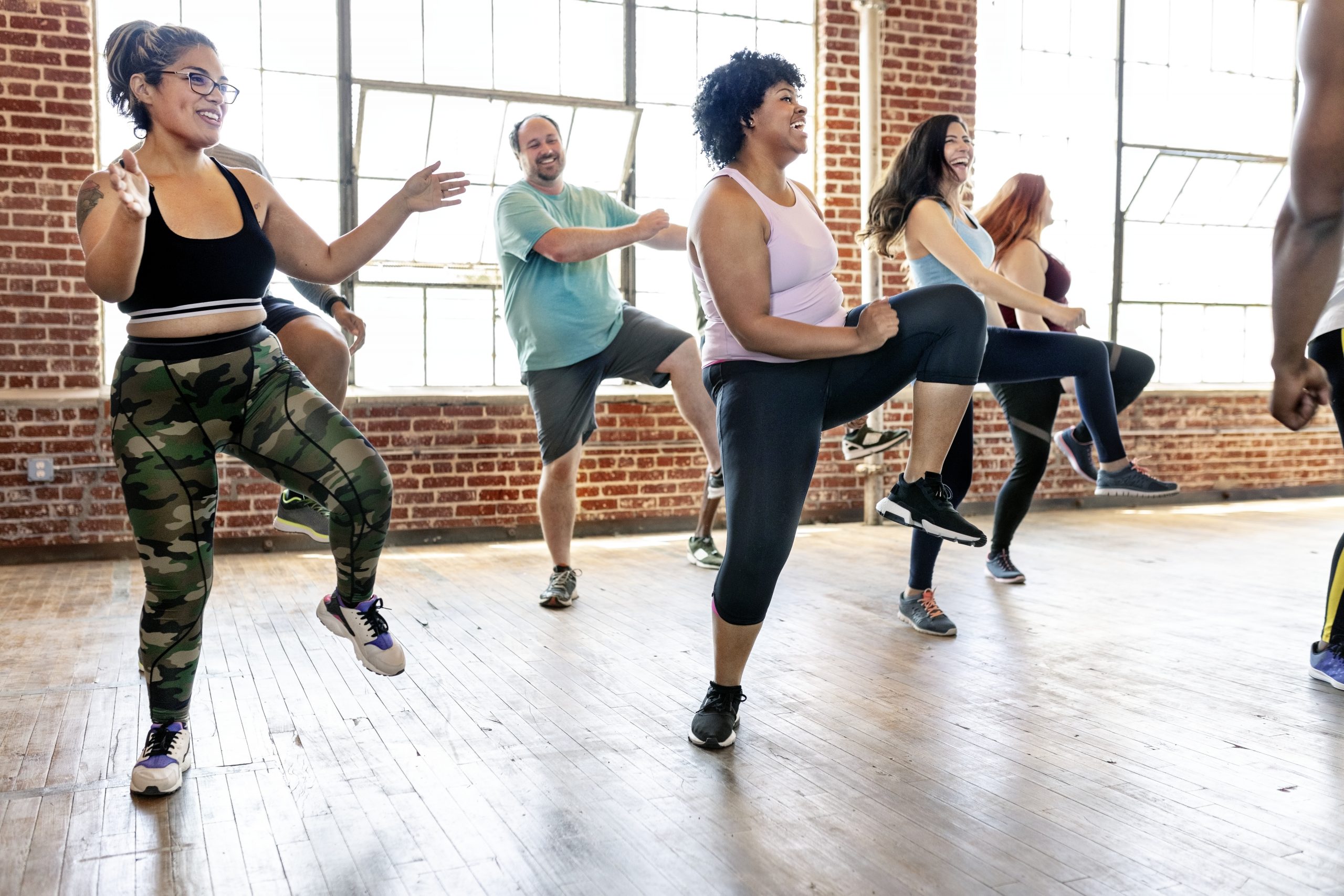Employee Wellness Fair Ideas
What is an Employee Wellness Fair?
Improving the health of your employees can reduce costs and increase productivity, but how do you tackle such a big and sensitive issue? One answer is employer-sponsored health fairs. Also referred to as wellness fairs, these events are designed to provide valuable health information and screening services to employees and their families in a convenient “one-stop shop” format.
Wellness Fair Ideas
Health fairs have the potential to reduce your health care costs by teaching employees how to lead healthier lifestyles. By offering free health screenings at these events, employees may be able to identify underlying health issues before they become severe and more expensive to treat.
As you think about planning your next wellness fair, consider the following ideas:
- Alcohol Use and Prevention:
- Mothers Against Drunk Drivers (MADD) offers resources on alcohol abuse and prevention, including a workshop that teaches parents how to talk with their teenagers about underage drinking. For more information, call 800-GET-MADD or fill out a health fair booth request form online.
- Back Health:
- Ask a local chiropractor to show a display of a backbone and discuss the importance of healthy posture as a way to promote spinal health. Allow chiropractors to advertise their practices by giving out free promotional pens or notepads.
- Bicycle Safety:
- Design a bicycle safety course for employees and their children. Then, have participants ride through age-appropriate courses, while demonstrating the proper hand signals. Require that everyone wear a helmet when going through the course and give out prizes for those who participate.
- Breast Self-exams:
- Contact a local health center to conduct a program on breast self-exams. Ask them to provide visuals that identify breast lumps at various stages of cancer and that show how to properly perform an exam.
- Child Car Seat Safety:
- Ask your local law enforcement to give demonstrations on how to properly install and buckle a child safety seat.
- Children’s Health:
- Contact a local health center to present programs on common pediatric health problems, such as caring for a child with a fever, dealing with bed-wetting and preventing ear infections.
- CPR and First Aid:
- Contact a local paramedic, Emergency Medical Technician (EMT) or Emergency Medical Services (EMS) to demonstrate CPR and simple first-aid measures for common ailments.
- Dental Care:
- Ask a local dentist to provide a demonstration of dental care, such as teaching proper brushing or flossing techniques. Ask if the
dentist would be willing to provide toothbrushes, floss or toothpaste samples to your employees as a free giveaway for visiting the booth in exchange for the ability to advertise.
- Ask a local dentist to provide a demonstration of dental care, such as teaching proper brushing or flossing techniques. Ask if the

- Fire Safety:
- Contact your local fire department to provide safety programs on fire prevention and safety. Download free fire safety tip sheets on the National Fire Protection Association’s website, on topics like cooking, escape planning, household equipment and more.
- Hand Hygiene:
- Provide a demo on proper hand-washing by putting a small amount of glitter on participants’ hands. Show them the difference between washing with and without soap to show how soap gets rid of glitter (i.e., germs) better than just water. Visit the American Cleaning Institute’s website to download free hand hygiene posters and brochures.
- Health for Older Workers:
- Contact the American Association for Retired Persons (AARP) to set up a booth on resources available to seniors. Download the AARP HomeFit Guide online to show employees how they can turn where they live into a lifelong home.
- Healthy at Home:
- Create a booth devoted to home health care by outlining which over-the-counter medicines and supplies should be on-hand so employees can adequately provide self-care. Items may include a thermometer, humidifier, cold pack, cough suppressant and bandages. Contact a local pharmacy or retailer for free samples of these items to give away to your employees.
- Health Screening Tests:
- Reach out to local health providers to see if they would be willing to provide free health screenings to your employees. Suggestions for screenings include: blood pressure, body mass index (BMI), glucose, cholesterol and bone density. All medical information obtained from screenings should be kept confidential. If medical information is provided to the employer, it should be in aggregate form that does not disclose, and is not reasonably likely to disclose, the identity of specific employees. Medical information must be used to promote health and prevent disease; it should not be received if the employer does not plan to use it for those purposes.
- Heart Disease Prevention:
- Visit the American Heart Association’s website to download free heart-healthy resources that can be used at your next wellness fair. Resources include a blood pressure tracker and information on lifestyle and risk reduction, cardiovascular conditions, treatments, tests and more.
- Managing Health Care:
- Provide information on how to select a doctor, how to be more proactive in making health care decisions and how to cut health care costs more effectively. If you are an employer that offers group benefits, speak with your agent so they can help lay out training plans on different coverage.
- If you’re looking for informative articles, newsletters, and videos on this – reach out to our benefits advisor, Jamie.
- Nutrition:
- Create a booth to educate employees on how to eat well, cut down on sugar and fat, and read nutrition labels. Provide handouts of easy, nutritious recipes and information on healthy recipe swaps like substituting spaghetti squash or spiralized zucchini in place of traditional, carb-heavy pasta. Consider giving away healthy snacks like apples and granola bars to encourage booth attendance.
- Physical Fitness:
- Contact a local health club or YMCA to provide free, five-minute instructions of some of their most popular exercise courses (yoga, Pilates, Zumba, etc.), and ask them to provide information on the importance of leading an active lifestyle. Also consider contacting a local personal trainer or physical therapist to teach employees how to buy the right running shoes, find their target heart rate and more.

- Poison Prevention:
- Create a booth warning employees about how easy it is to mistake poisonous materials for other items, such as food. Design a model displaying medicine and candy and see if employees can tell the difference between them. Highlight the importance of reading labels, especially when you are in a rush or are not wearing your glasses or contacts. To do so, place masking tape over the labels of common household items – toothpaste, arthritis creams, hemorrhoid cream, eye drops, nasal spray or ear drops. Then, see if your employees can decipher what these items are if their vision was altered—helping to emphasize the importance of reading labels. Your local poison control center may also be able to assist with a display.
- Prenatal Care:
- Contact a local OB/GYN to discuss the importance or prenatal care.
- Skin Cancer Prevention:
- Set up an exhibit that teaches employees about what to consider when purchasing sunscreen, how to correctly apply it and how frequently, and which clothing to wear outside to protect themselves from the sun.
- Stress Management:
- Provide information on how stress affects the body and how employees can alleviate stress. Consider renting massage chairs or asking local massage therapists to provide free, short massages. Giveaways could include free stress balls.
- Tobacco Cessation:
- Engage employees in activities that highlight the dangers of smoking. Here’s one suggestion:
- Give each employee a straw and ask them to place it in their mouths. Then ask each participant to pinch his or her nose and breathe only through the straw for one minute. After 30 seconds, ask participants to look at one another (this will usually trigger laughter). After one minute is up, ask participants to describe what it was like to breathe only through the straw. Then, ask them what it was like when they started to laugh. Most often, breathing through a straw is extremely difficult, especially when laughing. This activity demonstrates what life is like for emphysema sufferers.
By incorporating a wide variety of wellness topics and presenting this information in a fun, yet educational manner, you can empower your employees with the knowledge necessary to led healthier lives, and, ultimately, to reduce their health care expenses.
